Podcast: Play in new window | Download
Subscribe: Apple Podcasts | Google Podcasts | RSS
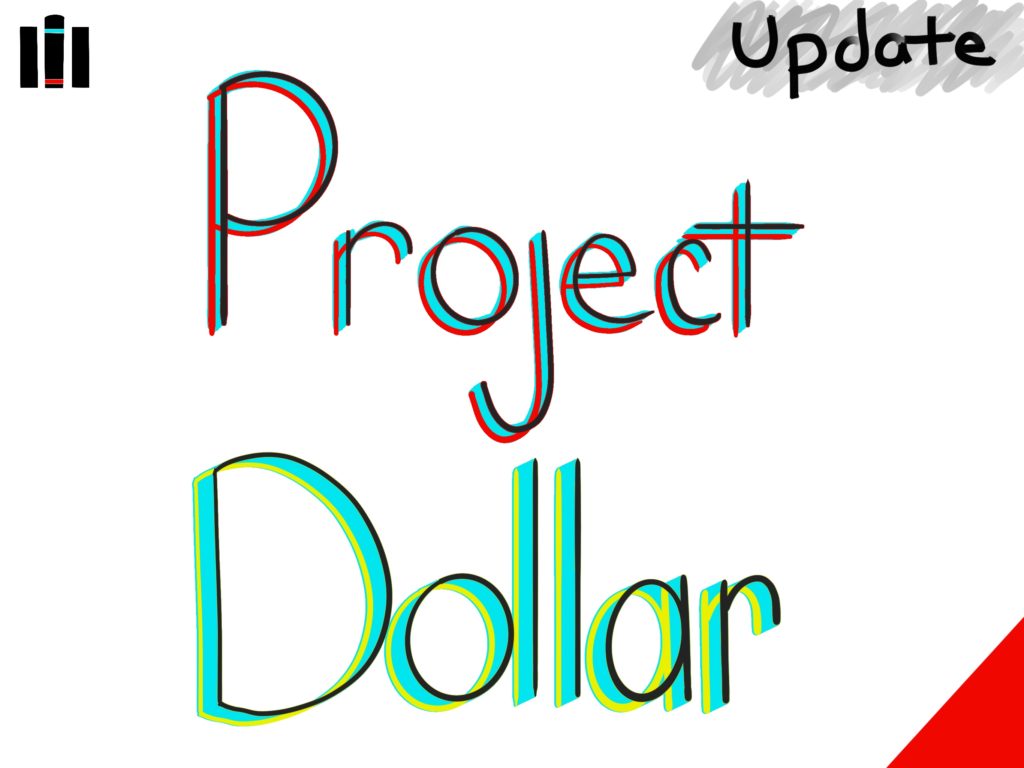
In This Episode
Project Dollar. Ever elusive, often spoken of, but yet to be published. I have to admit – this project has been in development hell. Coming up, a long-needed update on Project Dollar.
Show Credits
ApexThis podcast is hosted, produced, mixed, edited & music by Mark.
Transcript
About Project Dollar
ApexThis is an indie publishing house self-generating its own projects. Or for short–my publishing imprint. Project Dollar is to be the first official project for ApexThis while technically not being that first project. Project Dollar will be a speculative memoir. What this means is that it will focus on personal finance and budgeting based on my experience and relationship with money with fantastical elements.
Now, why has it been in development hell?
Make It A Podcast
At one point in time, Project Dollar was a blog. And from that blog, I gave small speeches about personal finance and budgeting relaying my experiences, and tactics I used to crawl out of debt. Through the act of creating my first podcast, I figured that this would be a great way to transform the blog content I had written. I decided to make it a podcast.
With the decision made, I took all my blog posts, looked them over and marked the ones that would be great episodes and others that needed to be updated. As I delved further into the finance community and pondering attending Fincon, I began having doubts about my approach. I wondered if I really wanted to do a podcast about budgeting. The things I was blogging and giving speeches about were a particular moment in my life and how I overcame it. Podcasting seemed ongoing and the more I thought of it as continuous, the more unappealing the idea became.
How About An E-Book?
Wavering on the idea of Project Dollar being a podcast, I began to favor writing an ebook instead. This was an easy decision as it was something I was wanting to do at some point. I also thought that this would not be difficult and may have even portrayed this in past episodes. With existing content, and having performed a preliminary review, I thought that writing this as an ebook would be a walk in the park. I truly thought I knew what I was doing.
I took the existing blog posts, outlined the ebook with them, and began to expound upon the blog posts. This part, at least, was a bit easier for me. I’ve been heavily writing non-fiction and technical writing documents and this ebook was not creative writing therefore, it was safe.
Poor planning became apparent as I began to find gaps in the content that I was writing. In addition, some of the blog posts needed to be rewritten entirely. As I organized each post into chapters, the more problems I found.
Maybe It Really Should Be A Podcast
At times, I’ve definitely lamented on my thoughts of doing a podcast or book for Project Dollar. After deciding for it to be an ebook and restructuring the content, it seemed like it could actually work as a limited series podcast, based on the ebook. And because I enjoyed audio so much, I wanted to do a bit more.
Here is where vignettes were added. The ebook and podcast would cover your basic A-Z type of information and I wanted my ebook to be a little different. Especially if I wanted some version of this as audio. Vignettes would play that part in adding short narrative clips in between episodes. These narrative clips would set up the theme for the episode with characters and other story elements. The more I played with this idea, the more I liked it.
theme is what your story is illuminating about real life.
Larry Brooks | Story Engineering
To give you a short example of what that structure looked like the book and podcast would have a vignette first, to define the theme of the chapter and or episode, and then the content itself.
It was here, in the vignette creations, where I discovered the theme of the content I was writing. This was not something I’ve identified before but discovering the theme of this project allowed me to view it in an entirely different light. This called me to recount Story Engineering by Larry Brooks in which he says that “theme is what your story is illuminating about real life.” This revelation pushed me to complete my first draft of the text that would serve as my ebook and limited series podcast. Things would change in the edit.
Where We Are Today
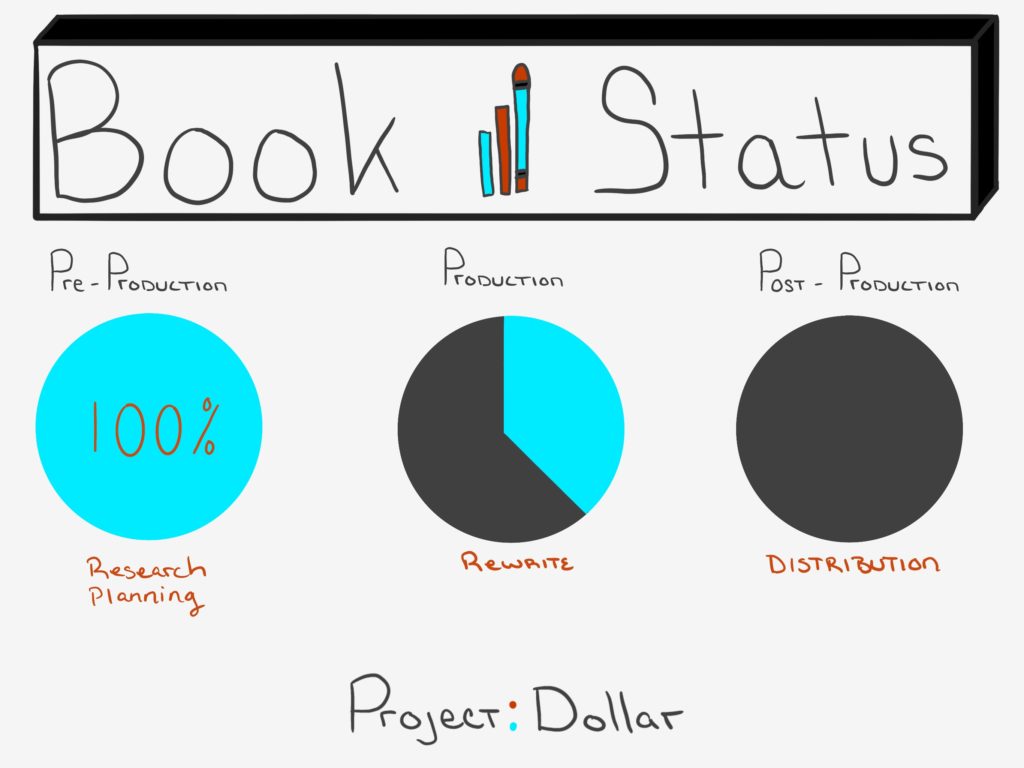
The edit is where your story can take its final form. It can also underscore the points in your story where you never intended to have highlighted, or accented. The edit is where I saw my theme permeate, where I saw the vignettes act as the underscore and where I decided to put aside the nearly nine thousand words I wrote.
When I stepped back to the keyboard after some time off, I decided to dispense with the previous form of the ebook. I decided that the work would be what I spoke about – the story. Everyone can get the steps and how-to’s in a million places, but the story is what mattered. The story is what people can connect to. The story, if done right, can impart the reader on a path of reflection. As Alexander Chee wrote in his book How To Write an Autobiographical Novel when recounting the words Annie Dillard imparted on him:
…everything’s been written, but also, the thing you want to write, before you wrote it, was impossible to write. Otherwise it would already exist. Your writing it makes it possible.
Alexander Chee
Thus, I am seventeen thousand NEWLY written words for Project Dollar. No longer an instructional how-to book, it is now a memoir collecting stories and experiences on personal finance. The vignettes previously created have and are being worked into the story. The main ideas for each chapter/episode are being retained and written anew in prose.
As stated, I am a smidge over seventeen thousand words and while the first draft and first edit were completed, this is an entire rewrite. No new deadline has been set as I’ve set them before and they’ve been blown away. Not only because the project transformed into something else, but I, as a writer, lacked and continues to lack, in skill when tackling this style of writing. It proved more difficult than I thought.
Project Dollar is coming along and I feel good about it. Though I will hold off from giving any dates, as once I finish this rewrite, I must edit it, draft it, edit it again, and ship it off for editing, and pick up the pieces once an editor destroys it. When the text is ready, the project splits, finishing off the rest of the book publishing technical items, and moving into pre-production for the audiobook.
There is still a ways to go and I hope to have another update soon.
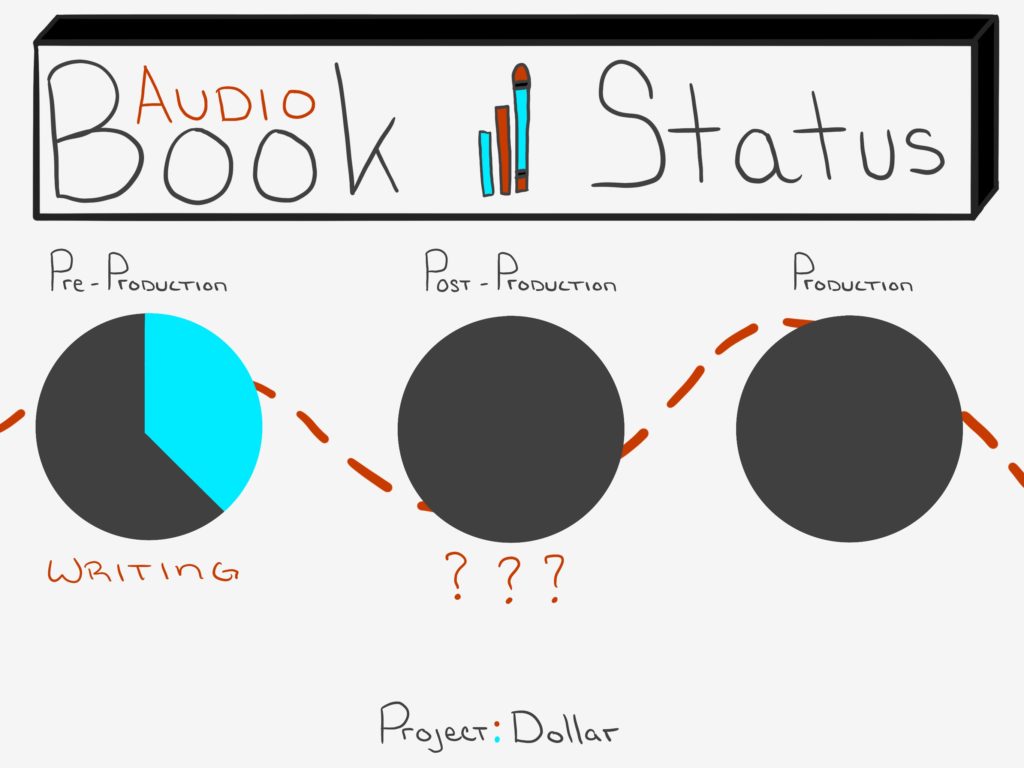
The Process
Now, before we close out, after going over a condensed history of this writing project, I want to highlight how I write.
When it comes to songs, poetry, and other non-creative writing, I find it easier. When we get into other forms of creative writing, I have struggled as it has not been a focus for over a decade. Over the past several years, I’ve been making my way back in with writing short stories and experimenting. Therefore, the changing format of the project hit against a lack of skill which created a bit more struggle to get through. The result, an increase in time.
Another aspect is that I write better when nothing is on the calendar. Between the meetup groups and other responsibilities, my anxiety kicks in and I don’t start writing projects because I need to get immersed. I’ve attempted to sit down every AM and write. That always resulted in planning or organizing the story but not writing. I’ve attempted in the evening to sit down and write, but there are other tasks I have to prep for on other projects.
As it stands, three ways work for me: The first way – Clear calendar. No appointments, no to-do’s, no obligations mean Mark can sit down at the computer, dive into the world, and write. The second is late-night weekend writes. This does have a condition on the clear calendar as I cannot have any morning appointments or early afternoon events. I can sit and write to 4am, and crawl into bed when done.
The last method does allow for calendar entries to exist but requires a complete mental focus on the writing task. This means that all the tasks I perform that day MUST be low powered tasks. A recent example is the recording of The Productivity Lab podcast. While a 7 pm recording time, anxiety did creep up but I started the morning, around 9 am, with outlining scenes I needed to write and working through some challenges and chapter themes. I then did laundry, cleaned, and went grocery shopping before sitting down to write a word. All the while, my mind was at work, focusing on the singular task, of how to approach these scenes. When I was finally able to write, the words came flowing. Such a thing cannot be done if I must focus creative energies on other demanding items.
Good luck if I am trying to write after a day of work.
This is all to say, I am a slow writer, and thus far, the only 3 techniques have worked for me though I am always trying to find something that works better and would allow me to write faster, regardless if an item is on my calendar or not.
Ridiculous? Tell me about it.
Closing
And that is Project Dollar. I hope that gives a little slice of what I’ve been up to, what this project is, and why it never seems done. Writing isn’t easy, but it’s fun.
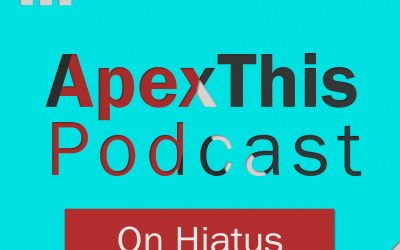
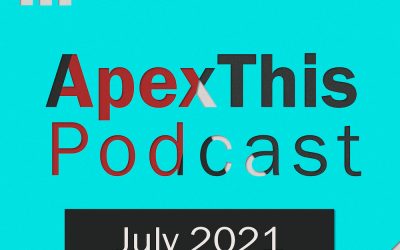
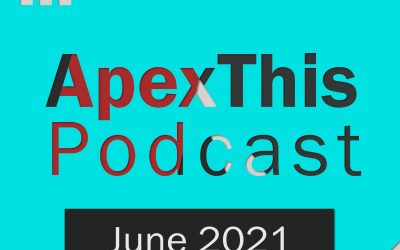
0 Comments
Trackbacks/Pingbacks